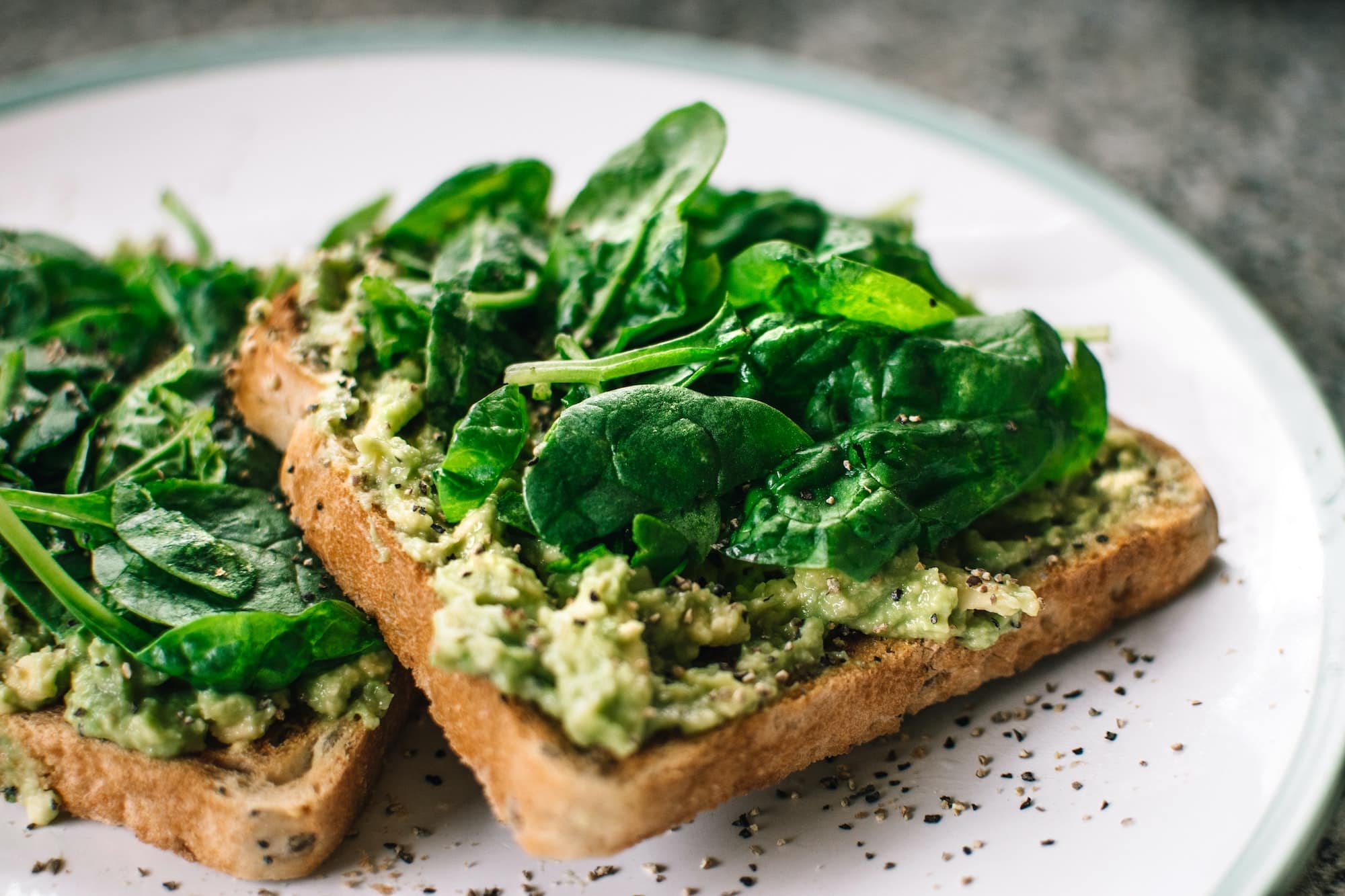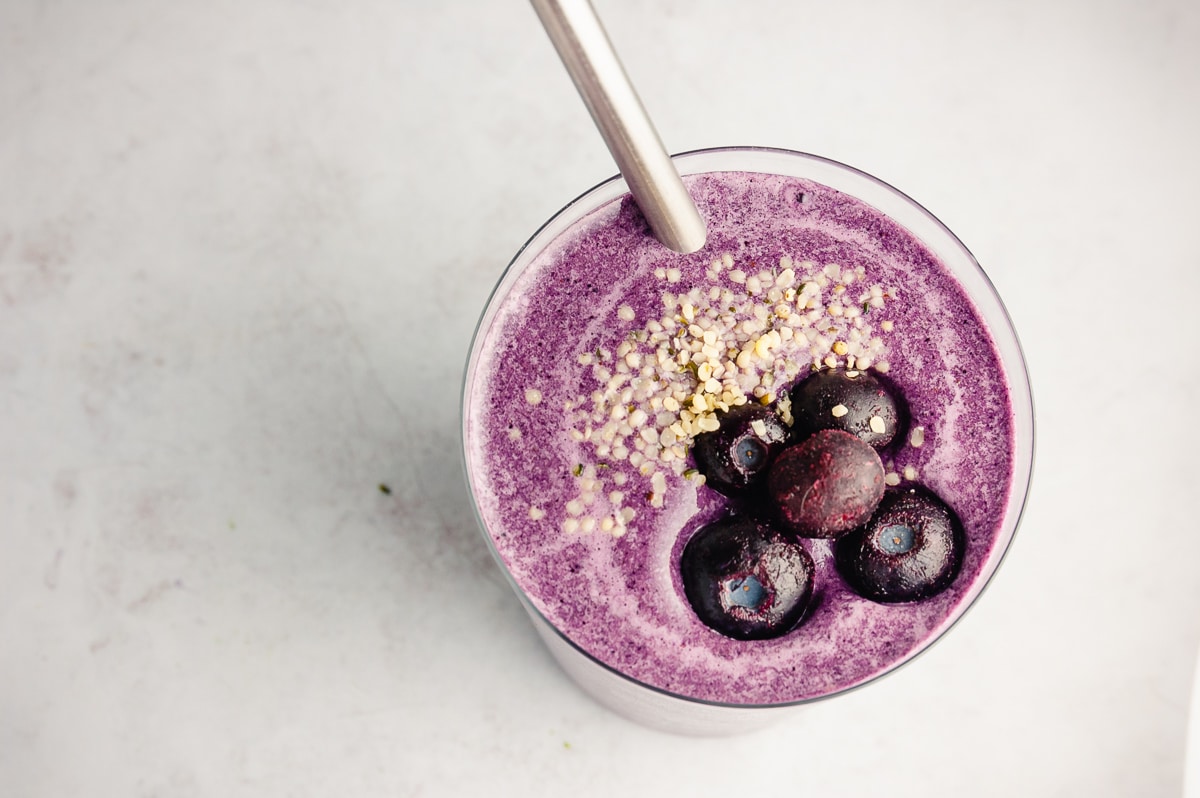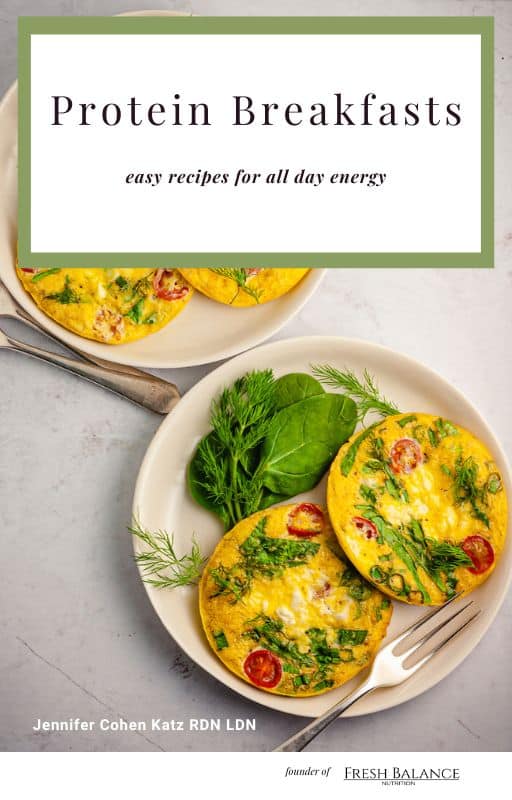Research shows that severe hot flashes and night sweats are related to increased risk for cardiovascular disease, poor brain health, depression, and memory difficulties, as well as weight gain.
What are hot flashes?
Hot flashes are a very common vasomotor symptom of perimenopause and menopause. They may be caused by changes in the part of the brain that regulates body temperature. Some women have mild hot flashes, others experience embarrassing and debilitating symptoms.
But did you know that what you choose to eat and drink may trigger a hot flash?
What causes hot flashes?
Making some changes to what you are eating can help reduce the number of hot flashes you have and the intensity of your hot flashes.
Have you ever had a hot flash after eating sugar in the form of a dessert or snack? There is a clear relationship between sugar and hot flashes.
Food and drinks that are high in caffeine can also trigger hot flashes. Notice if coffee or some types of chocolate have you sweating.
Spicy foods make some women uncomfortable. Reducing the hot peppers or hot sauce in your recipes may help if this happens to you.
Alcohol is a very common source of hot flashes for a lot of women. Mocktails may not be the best solution because some are made with sugary syrups. Seltzer water with a splash of fresh fruit juice would be a good alternative.
What foods fight hot flashes?
Plant foods high in phytoestrogens
Phytoestrogens are plant-based compounds that mimic estrogen in the body. Eating foods like edamame, cashews, buckwheat, apricots, and zucchini may help regulate hormone levels and reduce hot flashes.

Leafy Greens
Spinach, kale, and Swiss chard are leafy greens that contain high amounts of fiber, vitamins, minerals, and phytoestrogens. Including them in 2 – 3 meals regularly may help balance hormone levels and alleviate hot flashes.
Flaxseeds
If you eat a vegan diet you may use flaxseeds as an egg substitute in your recipes. They are rich in lignans, which are natural compounds that have estrogenic effects in the body. Including flaxseeds in your diet may help decrease the frequency and intensity of hot flashes.
Fatty Fish
Salmon, albacore tuna, anchovies, and sardines are fatty fish that are excellent sources of omega-3 fatty acids. These fatty acids possess anti-inflammatory properties that can potentially reduce hot flashes and other menopausal symptoms.
Whole Grains
Whole grains like quinoa, brown rice, and oats are rich in fiber, vitamins, and minerals. They provide a steady release of energy and help stabilize blood sugar levels, potentially reducing hot flashes.

Berries
Strawberries, blueberries, blackberries, and raspberries are packed with antioxidants that can help combat inflammation and oxidative stress in the body. Add them to plain yogurt or toss some into a salad to help alleviate hot flashes.
Avocado
Avocado is a nutrient-dense fruit that contains healthy fats and antioxidants. These properties can help regulate hormone levels and support overall hormonal balance, potentially reducing hot flashes.
Nuts
Nuts, particularly almonds and walnuts, are excellent sources of essential fatty acids and antioxidants. Including a handful of nuts as a snack can help manage hot flashes and provide other health benefits.
Herbal Teas
Some herbal teas like chamomile, peppermint, and black cohosh have been traditionally used to relieve menopausal symptoms, including hot flashes. Sipping on these calming teas may help soothe hot flashes.
Are you looking for help managing your hot flashes and other symptoms in menopause? Need ideas for how to get these healthy foods into your meal plans? As a menopause dietitian I can guide you with the best nutrition and lifestyle strategies to be healthy as you go through this part of your life.








